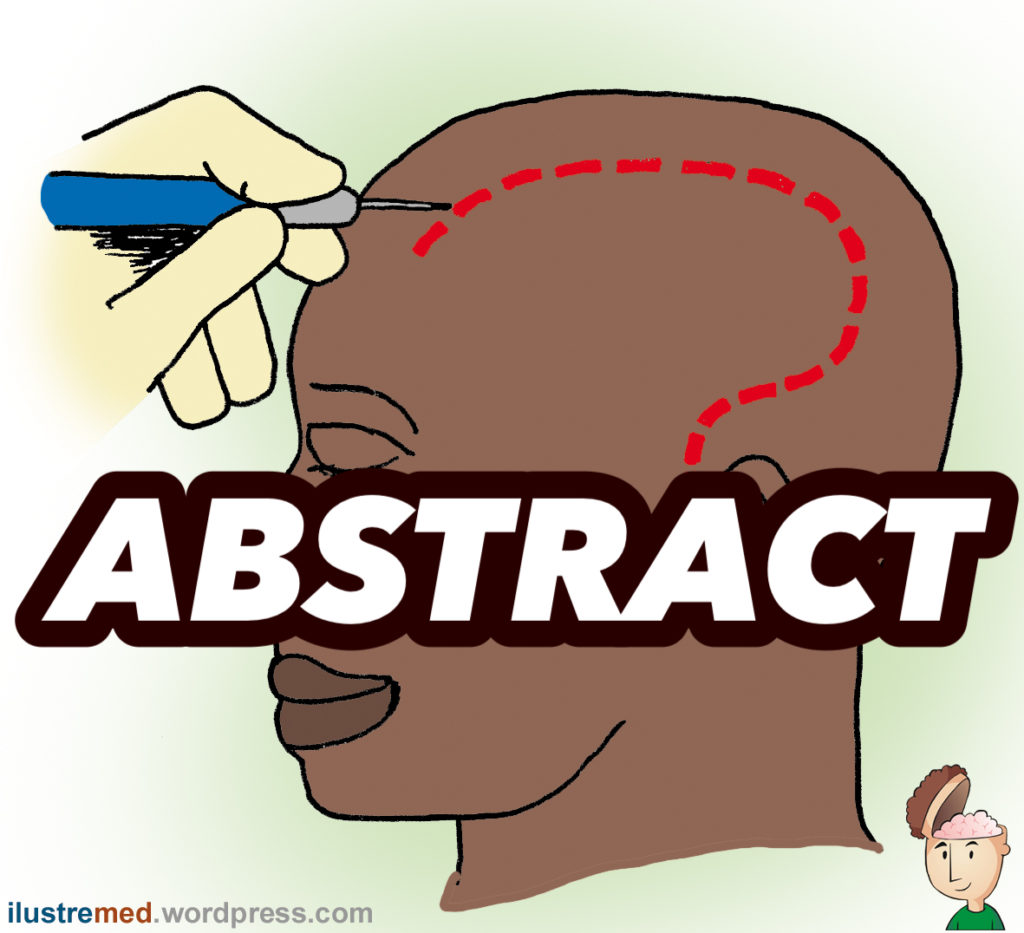Results revealed that there are currently several forms of neuromodulation, both invasive and non-invasive, which are being investigated for the treatment of substance use disorder. Preliminary findings have demonstrated the potential of these various neuromodulation techniques in improving substance treatment outcomes by reducing those risk factors (e.g. substance craving) associated with relapse. Specifically, transcranial magnetic stimulation has shown the most promise with several well-designed studies supporting the potential for reducing substance craving. Deep brain stimulation has also shown promise, though lacks well-controlled clinical trials to support its efficacy. Transcranial direct current stimulation has also demonstrated promising results though consistently designed, randomized trials are also needed. There are several other forms of neuromodulation which have not yet been investigated clinically but warrant further investigation given their mechanisms and potential efficacy based on findings from other studied indications. In summary, given promising findings in reducing substance use and craving, neuromodulation may provide a non-pharmacological option as a potential treatment and/or treatment augmentation for substance use disorder.
Transcranial magnetic stimulation, deep brain stimulation, and other forms of neuromodulation for substance use disorders: Review of modalities and implications for treatment
James J Mahoney 3rd 1, Colleen A Hanlon 2, Patrick J Marshalek 3, Ali R Rezai 4, Lothar Krinke 5Affiliations expand
- PMID: 33002757
- PMCID: PMC7702181 (available on 2021-11-15)
- DOI: 10.1016/j.jns.2020.117149
Abstract
Given the high prevalence of individuals diagnosed with substance use disorder, along with the elevated rate of relapse following treatment initiation, investigating novel approaches and new modalities for substance use disorder treatment is of vital importance. One such approach involves neuromodulation which has been used therapeutically for neurological and psychiatric disorders and has demonstrated positive preliminary findings for the treatment of substance use disorder. The following article provides a review of several forms of neuromodulation which warrant consideration as potential treatments for substance use disorder. PubMed, PsycINFO, Ovid MEDLINE, and Web of Science were used to identify published articles and clinicaltrials.gov was used to identify currently ongoing or planned studies. Search criteria for Brain Stimulation included the following terminology: transcranial direct current stimulation, transcranial magnetic stimulation, theta burst stimulation, deep brain stimulation, vagus nerve stimulation, trigeminal nerve stimulation, percutaneous nerve field stimulation, auricular nerve stimulation, and low intensity focused ultrasound. Search criteria for Addiction included the following terminology: addiction, substance use disorder, substance-related disorder, cocaine, methamphetamine, amphetamine, alcohol, nicotine, tobacco, smoking, marijuana, cannabis, heroin, opiates, opioids, and hallucinogens. Results revealed that there are currently several forms of neuromodulation, both invasive and non-invasive, which are being investigated for the treatment of substance use disorder. Preliminary findings have demonstrated the potential of these various neuromodulation techniques in improving substance treatment outcomes by reducing those risk factors (e.g. substance craving) associated with relapse. Specifically, transcranial magnetic stimulation has shown the most promise with several well-designed studies supporting the potential for reducing substance craving. Deep brain stimulation has also shown promise, though lacks well-controlled clinical trials to support its efficacy. Transcranial direct current stimulation has also demonstrated promising results though consistently designed, randomized trials are also needed. There are several other forms of neuromodulation which have not yet been investigated clinically but warrant further investigation given their mechanisms and potential efficacy based on findings from other studied indications. In summary, given promising findings in reducing substance use and craving, neuromodulation may provide a non-pharmacological option as a potential treatment and/or treatment augmentation for substance use disorder. Further research investigating neuromodulation, both alone and in combination with already established substance use disorder treatment (e.g. medication treatment), warrants consideration.
Keywords: Deep brain stimulation; Focused ultrasound; Neuromodulation; Percutaneous nerve field stimulation; Substance use disorder; Transcranial direct current stimulation; Transcranial magnetic stimulation; Trigeminal nerve stimulation; Vagus nerve stimulation.
Copyright © 2020 Elsevier B.V. All rights reserved.
Similar articles
- Efficacy of Invasive and Non-Invasive Brain Modulation Interventions for Addiction.Luigjes J, Segrave R, de Joode N, Figee M, Denys D.Neuropsychol Rev. 2019 Mar;29(1):116-138. doi: 10.1007/s11065-018-9393-5. Epub 2018 Dec 7.PMID: 30536145 Free PMC article. Review.
- Neuroimaging and neuromodulation approaches to study eating behavior and prevent and treat eating disorders and obesity.Val-Laillet D, Aarts E, Weber B, Ferrari M, Quaresima V, Stoeckel LE, Alonso-Alonso M, Audette M, Malbert CH, Stice E.Neuroimage Clin. 2015 Mar 24;8:1-31. doi: 10.1016/j.nicl.2015.03.016. eCollection 2015.PMID: 26110109 Free PMC article. Review.
- Effects of neuromodulation on cognitive performance in individuals exhibiting addictive behaviour: a systematic review protocol.Naish KR, Vedelago L, MacKillop J, Amlung M.Syst Rev. 2018 Jun 26;7(1):90. doi: 10.1186/s13643-018-0749-y.PMID: 29945682 Free PMC article. Review.
- A review of brain stimulation methods to treat substance use disorders.Coles AS, Kozak K, George TP.Am J Addict. 2018 Mar;27(2):71-91. doi: 10.1111/ajad.12674. Epub 2018 Feb 19.PMID: 29457674 Free PMC article. Review.
- Clinical Usefulness of Therapeutic Neuromodulation for Major Depression: A Systematic Meta-Review of Recent Meta-Analyses.McGirr A, Berlim MT.Psychiatr Clin North Am. 2018 Sep;41(3):485-503. doi: 10.1016/j.psc.2018.04.009. Epub 2018 Jul 17.PMID: 30098660
Cited by 1 article
- Drug addiction: from bench to bedside.Cheron J, Kerchove d’Exaerde A.Transl Psychiatry. 2021 Aug 12;11(1):424. doi: 10.1038/s41398-021-01542-0.PMID: 34385417 Free PMC article. Review.
Editor do blog: Julio Pereira – Neurocirugião – São Paulo CRM/SP 163.113 Site para Consulta: https://www.julio-pereira.com/ Consultório: (11)99503-8838 (WhatsApp) / (11)4200-2300 Atuando no Hospital Sírio-Libanês e na BP – A Beneficência Portuguesa de São Paulo.

